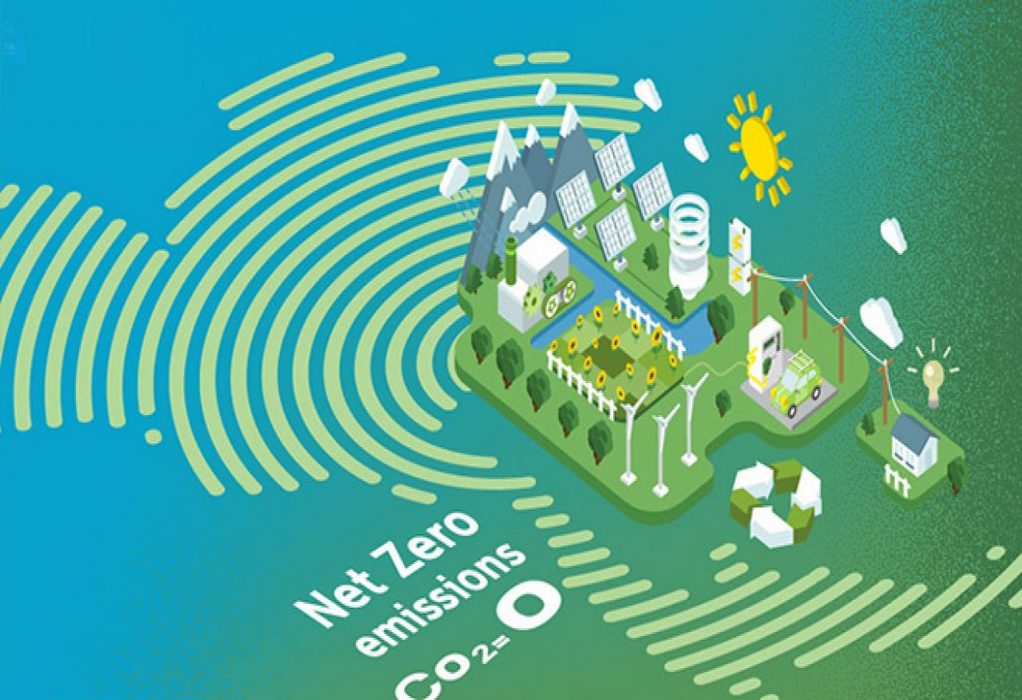NITI Aayog has set in motion the policy framework to steer India towards its aim of achieving a net-zero economy by 2070, marking a significant step three years after the commitment was made. To facilitate this transition, dedicated multi-sectoral committees have been established under the NITI Aayog’s guidance to develop a comprehensive transition plan. These committees are tasked with identifying key issues, charting pathways, and proposing policy actions across various dimensions of climate change.
In parallel, six specialized working groups have been formed to address critical aspects such as macroeconomic implications, climate finance, research and development of critical minerals, domestic manufacturing, supply chains, social considerations in energy transition, and sector-specific analyses covering transport, industry, buildings, agriculture, and power. These groups, comprising a diverse range of stakeholders, are working towards devising effective policy formats, models, and transition pathways tailored to each core sector. The outcomes of these collaborative efforts are expected to culminate in a consolidated report by the NITI Aayog, serving as a vital policy guide for central ministries in formulating climate-resilient and adaptive strategies aligned with India’s net-zero aspiration.
Tags: India, NetZero, Niti Aayog



Recent Posts
Scandlines Nears Delivery of Zero Emissions Ferry Following Successful Sea Trials
India faces emission roadblocks with rising net-zero demands
Green Energy Resources invests in two electric Liebherr LHM 550
NYK Launches Continuous Use of Bio LNG Fuel on Car Carriers to Advance Decarbonization Goals
Yang Ming Expands Fleet with Methanol and LNG Dual-Fuel Vessels Under Fleet Optimization Plan
ClassNK Advocates Speed Gap Monitoring to Optimize Fuel Efficiency in Heavy Weather
Wärtsilä’s retrofit package for the Corsica Linea ferry Pascal Paoli has resulted in fuel savings of up to 22 percent Corsica Linea
COSCO Shipping Names Second Methanol Dual-Fuel Containership in Yangzhou